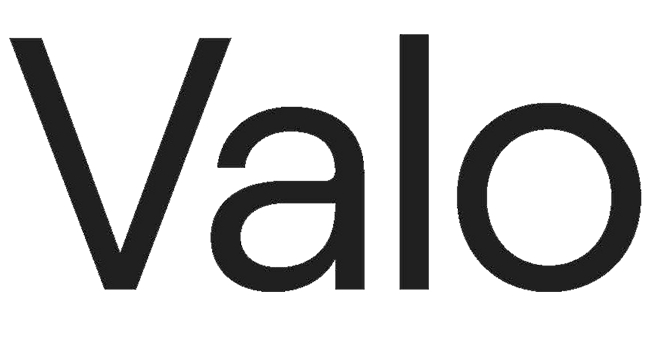LEXINGTON, Mass.– Valo Health, Inc., a company using human data and AI to accelerate drug discovery, announced it has been awarded a research grant from The Michael J. Fox Foundation as part of its Targets to Therapies Initiative. The program is designed to expand the number of promising druggable targets for Parkinson’s disease.
Valo will join a consortium investigating nucleotide-binding oligomerization domain containing 2 (NOD2), a gene recently linked to increased risk of Parkinson’s. By applying genetics, multi-omics, and network biology analytics across both central nervous system and immune cells, Valo aims to clarify the causal role of NOD2 and its pathways. The work is expected to inform strategies for modulating NOD2 to slow disease progression.
“The Michael J. Fox Foundation’s single, urgent goal remains to find better therapies and a cure for people and families with Parkinson’s. Expanding the number of well-characterized, druggable targets is a critical part of the puzzle,” said Shalini Padmanabhan, Ph.D., senior vice president and head of translational research at The Michael J. Fox Foundation. “We are encouraged by the field-wide collaboration and open-science approach to target validation in Parkinson’s disease, including through Valo Health’s participation in studying key gaps related to NOD2 as a therapeutic target option to slow down disease progression.”
Valo’s approach to drug discovery is grounded in human causal biology, using real-world patient data and preclinical models to better understand disease mechanisms. The company has access to longitudinal outcomes for more than 17 million patients, including genomic data and records spanning two decades.
“This collaboration with The Michael J. Fox Foundation is an exciting opportunity to deepen our collective understanding of Parkinson’s disease,” said Brian Alexander, M.D., MPH, CEO of Valo Health. “Valo’s expertise in human causal biology using genetics and real-world data allows us to unravel the heterogeneity and complexity of human disease, leading to a better understanding of targets for therapeutic exploration, like NOD2 in Parkinson’s. We believe this approach – maximizing learning from patients early in the discovery process – will ultimately change how we develop new medicines.”


